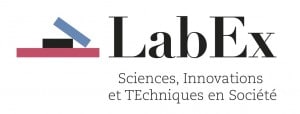Abstract
While knowledge and innovation are produced in networks involving diverse actors, associated rents are greatly appropriated by global leaders, mostly coming from core countries, that become intellectual monopolies. This raises the question on emerging or peripheral countries companies’ capacity to catch-up, innovate and compete for intellectual rents. The article considers the case of Singapore who has pursued a knowledge hub strategy aimed at: 1) creating world class universities inserted in global knowledge networks of defined fields; and 2) capturing intellectual rents through those institutions’ research and contributing to local firms’ catching up. We show that research universities caught-up. However, we find that foreign companies, particularly multinationals, capture most of Singapore's intellectual rents at the expense of local companies and research institutions. Overall, our findings point to the limitations of Singapore's knowledge hub as a catching-up strategy. The article ends discussing the relevancy of these findings for emerging countries in general.
See all documents refering Cortext Manager






